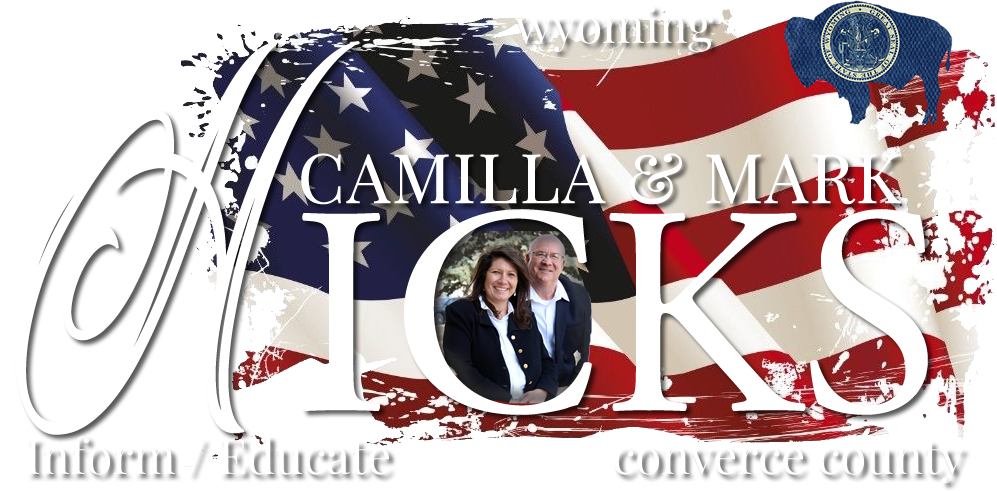Group challenging abortion ban asks to block lawmakers, conservative org from lawsuit
Ellen Gerst Sep 23, 2022

Right to Life Wyoming and lawmakers Rep. Rachel Rodriguez-Williams, R-Cody, and Rep. Chip Neiman, R-Hulett, filed a motion last month asking to join the lawsuit as intervenors. If accepted, they would plan to make additional arguments about abortion as a procedure and the legislative process.
While an attorney representing the state said he isn’t against that group intervening, he would ask that they keep their arguments legal since the lawsuit is mainly concerned with whether or not the abortion ban is constitutional or not. The ban is on pause while the case is active, meaning abortion remains legal in Wyoming for the time being
“Facts or evidence are not necessary to decide the merits of the issues,” the response filed by Special Assistant Attorney General Jay Jerde states.
In a response filed Thursday, attorneys representing the plaintiffs in the lawsuit said they don’t believe the intervenors have standing to join.
The state, by defending the ban, is already representing their biggest interest in the case, attorneys said.
The lawmakers requesting to intervene also said that the case is infringing on their right and ability to make laws that will be enforced. Plaintiffs disagreed, saying that courts “routinely” rule that lawmakers don’t have standing in cases like these simply because they involve laws they wrote.
If Judge Melissa Owens were to decide that Rodriguez-Williams and Neiman could intervene on those grounds, plaintiffs argued, then any lawmaker “would have the right to participate in every case involving a constitutional challenge to a state statute.”
Wyoming’s constitution has a rare and explicit protection of health care rights, added by a popular vote in 2012 in response to concerns over Obamacare. That amendment allows lawmakers to pass only “reasonable and necessary” exceptions to that — language that has become a major focus of the abortion ban lawsuit.
“Courts are frequently called upon to determine whether legislative acts are ‘reasonable and necessary,’” the plaintiffs’ response says.
